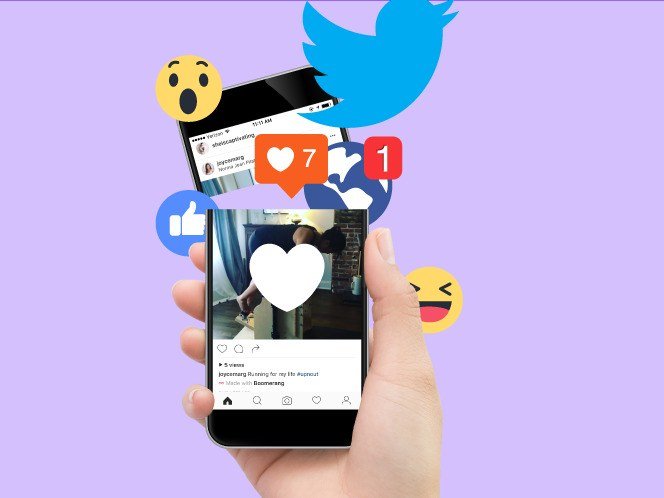Empowered by technology
Do you feel that technology helps us, or controls us? Our world has never been so fast-paced as it is now, we are the most connected we’ve ever been due to the ever growing technology around us.
As a child, I remember my 96-year-old grandmother always fearing the worst, relying solely on what one news channel, or what the newspaper chose to tell her. She was at the mercy of whatever panic-stricken story was being broadcast at the time. It was usually biased, didn’t present all the facts and over-dramatised.
There could be a multitude of reasons why she reacted in this way, but a fundamental one (I believe) is that she had no access to the world herself, she couldn’t research things at the touch of a button or read several viewpoints on the same topic. She trusted what she was being told by experts.
We, as a technological generation have now been given the skills and know-how to make informed decisions ourselves, and when you think about that, it’s pretty powerful.
Free of judgement
Due to this ever growing technology, we can now use this to talk about and engage with our mental wellbeing. Talking about your mental wellbeing can be extremely daunting. Therefore when you entrust technology with any problems you face, it instantly de-personalises it and could help you remove any self-imposed stigma and lessen the risk of any unwanted judgement.
Using apps like 87% are a proven way of reducing stress, and because these are on your phone you can use them anywhere, which is useful as stress, anxiety or any other overwhelming feelings can emerge when least expected.
Being present is something that sadly is lacking from our busy lives. Mindfulness through apps and various other technologies can help us feel motivated and empowered, which in turn helps us stay present. Psychology Professor Ellen Langer, has been working in the field of mindfulness for over four decades. She says, “If you are mindful, it’s easier to pay attention. You remember more of what you’ve done. You’re more creative. You’re able to take advantage of opportunities when they present themselves. You avert the danger not yet arisen.”
In the same vein as apps, communication vessels such as texting or WhatsApp have also become more mainstream ways of reaching those who might need some help. YoungMinds, Mind and Sane are some of the more notable charities that offer a supportive texting service.
The creation of citizen journalists
Unlike my grandmother, we not only have access to key happenings around the world, but we can also share it through the technology we own or use. This is exactly what a citizen journalist is, someone who records an event and shares it on a mass scale. The first recorded ‘citizen journalist’ was Abraham Zapruder who filmed the assassination of John F. Kennedy on an amateur home video camera. It is now one of the most infamous pieces of footage in existence.
In more recent years, the plane that landed on the Hudson river in 2009 was tweeted by a civilian who arrived on the scene before any media outlets. Due to the likes of Instagram and Twitter we are all empowered to learn, form opinions and share (if we so wish). This is where the phenomenon of Instagram ‘influencers’ comes from, allowing people to form an identify and build a following online.
So international
We are no longer rooted to one country; wherever we lay our hat is now our home (thank you wifi). This is because we have the ability to connect with our loved ones all over the world and this helps reduce the feeling of isolation and loneliness. One of my best friends moved to China last year, and we managed to speak every single day. If that happened 50 years ago, it might be a case of, ‘Ok, have a nice life!’ But now technology allows us to be part of people’s lives across the globe, however young or old and it’s incredibly inclusive when used this way.
Personalisation
‘Recommended for you Emily’ is the greeting I receive from Netflix every time I sign in, which is usually when I’m tired and want escapism. However, I don’t appreciate jugdey messages such as ‘Are you still watching this, Emily?’ … ‘Yes, I’m binge watching the whole of series 3 of Queer Eye, what’s the problem?’ This is something I have very mixed feelings about…
Technology is becoming more and more personalised by the day, or even hour, be it your Spotify playlist recommending nostalgic songs from yesteryear, or the ability to make our Whatsapp profile entirely unique with images and a short bio – technology is allowing you to either discover things you didn’t know existed or stamp your personal mark, which in turn makes us all feel that little bit more included and connected with the world around us.
My succinct conclusion is this, if technology makes you feel secure, and empowered then that’s brilliant, but everything is best in moderation. It’s important not to get totally engulfed, and like we said earlier, it’s important to our health to be present and aware. We need to make sure that technology is helping us, not replacing the need for us.



